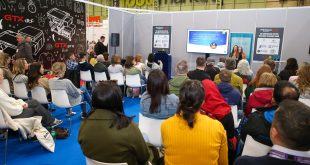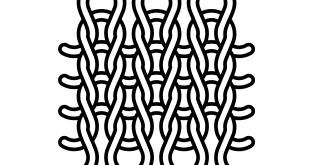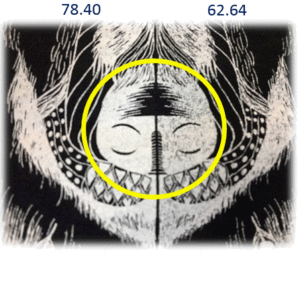 In this month’s Screen Print Column, William Shorter of SPT Sales + Marketing explores the advancements of mesh technology and how they could save today’s textile screen printers money.
In this month’s Screen Print Column, William Shorter of SPT Sales + Marketing explores the advancements of mesh technology and how they could save today’s textile screen printers money.
In textile screen printing, there is forever an emphasis on price and when it comes to stretched screens, every screen printer is looking to purchase screens with a high tension (>20N/cm) and at a low price.
This typically means that standard, or more specifically untreated polyester mesh is used in the process of screen stretching and false economy is created further down the production process.
How has mesh technology changed and what advantages does this offer?
There have been significant technical advances in mesh technology and the days of silk (silk screen printing) or nylon mesh being used in the process are long gone. Most of today’s textile screen printers are using monofilament polyester mesh that has not been treated or conditioned for modern methods of screen printing that save the screen printer money and downtime.
Low elongation mesh
Low elongation polyester mesh guarantees that your mesh count at the end of the stretching process (when stretched at the same tension) will be the same on each screen. It also reduces problems related to ink deposit and registration on press. Mesh that hasn’t been conditioned to give low elongation will be more susceptible to breakages during the cleaning and printing processes, will lose mesh tension quicker and will result in you needing to get screens re-stretched more often (one use mesh), which all increases your pre-press costs.
Advancements in low elongation mesh have also allowed for thinner threads of mesh to be created. These thinner threads increase the open area of the mesh, allowing for finer detail to be printed as there’s less interference of the mesh thread with the image (increasing the potential resolution achievable). They also allow for increased fabric coverage of the ink, giving a print that is thinner, flatter, has a softer touch and a more opaque result. Guess what you will of also used less ink than your normal double print stroke.
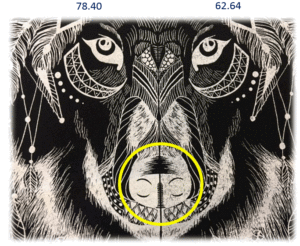 Treated mesh
Treated mesh
The surface of mesh has great impact on the ink and stencil and I am sure many screen making operators will remember abrading mesh with a grey mesh abrader paste to improve stencil adhesion. Today, this is not required, especially if your polyester mesh has undergone plasma treatment during its manufacturing process. This technological treatment has dramatical effects on the performance of the inks, stencil adhesion and coating properties of the emulsion. From the ink perspective the treated mesh allows better flow of water-based and plastisol inks and improves ink coverage. It also improves the adhesion of the stencil. The majority of screen printers are under exposing their emulsions to get more resolution from their stencil.
With untreated and chemically treated mesh, screen printers must increase the squeegee pressure to force the ink through the mesh, often must do a double print stroke to get the coverage of the ink on the garment and all this increases squeegee ware and the speed at which the tension is lost from the mesh. It also increases ware on the emulsion and the potential for loss of fine halftones and breakdown of the stencil.
In principle you can use any polyester mesh for screen printing, but you are likely to add further costs to your production process if you just focus on chasing the lowest price for stretched screens. Modern mesh technology that combines both low elongation and plasma treated polyester mesh has been designed and manufactured to save the screen printer money and time on the common problems that affect your running costs, ink usage and downtime on press and more difficulties to get an ideal result. Start looking at your printing process and stop making a false economy in your business by updating your mesh selection choices.
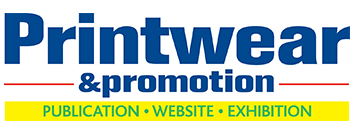 Printwear & Promotion The Total Promotional Package
Printwear & Promotion The Total Promotional Package
